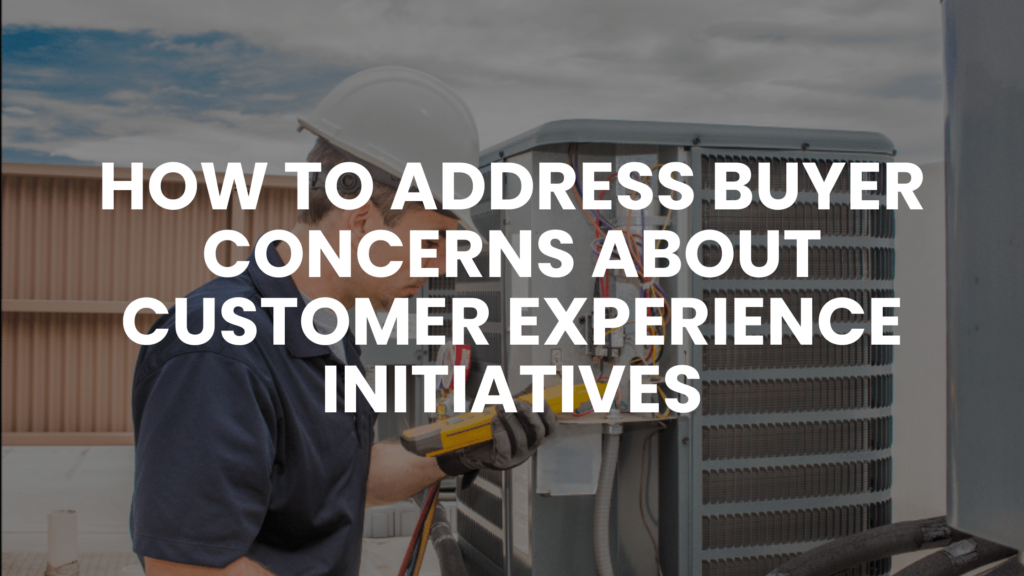When it comes to selling your HVAC business, potential buyers aren’t just looking at financials and assets—they want to invest in a company with a strong reputation and loyal customer base. This is where customer experience practices play a crucial role. A business that prioritizes customer satisfaction not only stands out from the competition but also commands a higher valuation. By implementing and maintaining effective customer experience practices, you can make your business more attractive to buyers and maximize your sale price.

1. Why Customer Experience Matters to Buyers
A buyer wants assurance that the business they are acquiring has a solid foundation, and customer experience practices are a key indicator of long-term success. A company known for excellent service, responsiveness, and customer satisfaction is far more appealing than one that struggles with complaints and negative reviews. Buyers are looking for businesses that have built strong relationships with their customers because this translates to repeat business, referrals, and brand loyalty.
2. Demonstrating Strong Customer Experience Practices
To showcase the value of your customer experience practices, consider providing key performance indicators (KPIs) such as customer satisfaction scores, retention rates, and online reviews. Highlight testimonials and case studies that reflect how your company consistently delivers high-quality service. If your business has implemented loyalty programs, automated scheduling, or proactive customer communication, these are assets that will make it more desirable to buyers.
3. Customer Experience and Business Valuation
Buyers are willing to pay more for an HVAC business with a proven track record of customer satisfaction. Companies with strong customer experience practices tend to have higher revenue stability, fewer service cancellations, and an overall competitive edge. A well-documented customer experience strategy demonstrates that your business is built for long-term success, making it a lower-risk investment for buyers.
4. Ensuring a Smooth Transition for the Buyer
One of the biggest concerns for buyers is whether they can maintain the same level of customer satisfaction after the acquisition. To ease this concern, document your customer experience practices and train your team to ensure consistency. Provide buyers with a transition plan that includes customer service protocols, scripts, and best practices. This will reassure them that the company’s strong reputation will continue under new ownership.
5. Making Your HVAC Business Stand Out
In a competitive market, a business with exceptional customer experience practices is far more likely to attract serious buyers. When buyers see that your company is well-managed, has high customer retention, and operates efficiently, they are more likely to view it as a valuable acquisition. By positioning your customer service efforts as a unique selling point, you can justify a higher asking price and negotiate better terms.
Conclusion
Prioritizing customer experience practices is one of the most effective ways to increase the value of your HVAC business before selling. Buyers recognize that a company with loyal customers and a strong service reputation is a sound investment. If you’re preparing to sell your HVAC business, focusing on customer satisfaction will set you apart from the competition.
If you need support preparing your business for sale or want to sell now, text or call Scale or Exit Partners at (832) 745-2721. You can also email us at garyd@scaleorexit.com or visit www.scaleorexit.com for more information. We have access to investors if you’re looking to sell immediately, and if you want the best price and terms for a future sale, we can help you get ready.
